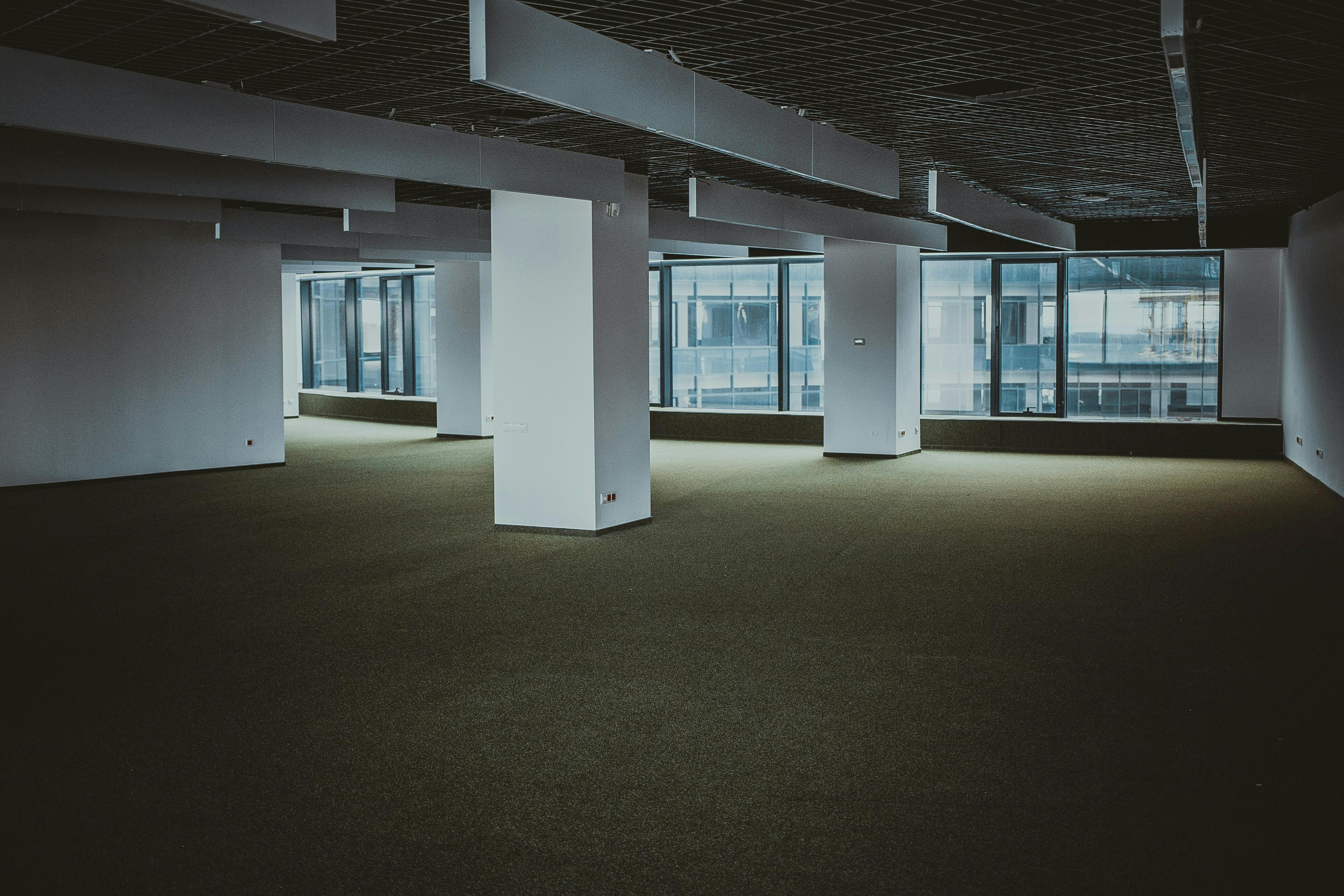
Benefits of Property Guardianship
November 25, 2024
Property guardianship offers a highly effective solution for property owners seeking to secure and maintain vacant buildings, particularly in urban settings where empty properties are vulnerable to various risks. Property guardianship allows responsible individuals (known as "property guardians") to live temporarily in vacant properties in exchange for affordable housing. This arrangement provides several key benefits for property owners beyond traditional security measures.
1. Cost-Effective Security
The presence of property guardians helps deter intruders, vandals, and squatters who often target vacant buildings. Unlike traditional security services, which can be expensive, property guardianship provides around-the-clock occupancy at a fraction of the cost. With guardians in place, property owners don’t have to worry about the expenses of employing security personnel, CCTV systems, or other costly security measures that often need constant upkeep.
2. Minimised Insurance Premiums
Insurers see Vacant properties as high-risk, leading to inflated insurance premiums for owners. By placing guardians in the property, owners effectively reduce this risk, often allowing them to negotiate lower premiums. Insurers view occupied properties as less likely to suffer from theft, damage, or vandalism, resulting in potential cost savings on insurance. Additionally, an actively used property tends to sustain fewer maintenance issues, lowering the likelihood of claims due to long-term neglect or damage.
3. Maintained Property Condition
Empty buildings deteriorate quickly without regular use and maintenance. Problems like dampness, pest infestations, and plumbing issues tend to emerge when a property is left unoccupied for extended periods. With property guardians, these issues can be spotted early and addressed before they become costly repairs. Guardians can report minor issues, ensuring that the building remains in good condition, and in many cases, they’re even willing to perform minor maintenance tasks themselves.
4. Reduced Risk of Squatting and Vandalism
Vacant properties are attractive to squatters, especially in locations where property access is easy, and eviction can be a lengthy legal process. Guardianship reduces this risk significantly. The presence of guardians makes it difficult for unauthorised individuals to access the building, providing a strong deterrent to squatting and vandalism. With guardians in place, property owners reduce the likelihood of costly legal battles or extensive repairs due to unauthorised occupancy.
5. Improved Local Perception and Social Responsibility
Unoccupied properties are often seen as a blight on the community, and they can attract unwanted attention or even contribute to the decline of the surrounding area. By keeping a property occupied, guardianship helps maintain a positive image of the building and ensures that it remains integrated into the neighbourhood. Property guardians, who are typically responsible and community-minded individuals, contribute to the safety and cleanliness of the area, creating goodwill with neighbours and local councils. This proactive approach by property owners demonstrates social responsibility, which can be advantageous if future developments or permits are needed.
6. Flexibility and Ease of Transition
One of the main advantages of property guardianship is its flexibility. Guardianship contracts are designed to be short-term and flexible, allowing property owners to regain possession of their buildings quickly, typically with as little as 28 days’ notice. This arrangement is particularly beneficial for property owners with redevelopment or sale plans, as they can secure their properties without long-term commitments. When the time comes to transition the property for its next phase, guardianship allows for a smooth and cost-effective exit.
7. Compliance with Vacant Property Requirements
Local councils and planning authorities often have regulations that require owners to take measures to prevent vacant properties from becoming a nuisance or safety hazard. Property guardianship helps ensure compliance with these regulations, as an occupied property is far less likely to be cited for issues such as graffiti, litter, or structural disrepair. In some cases, demonstrating proactive property management can also lead to leniency in cases where certain building compliance matters are under scrutiny.
More news from Live-in Guardians

Live-in Guardians Highly Commended in the Social Impact Initiative of the Year Award at the 2025 Estates Gazette Awards

Live-in Guardians Shortlisted for Social Impact Initiative of the Year at Estates Gazette Awards 2025


